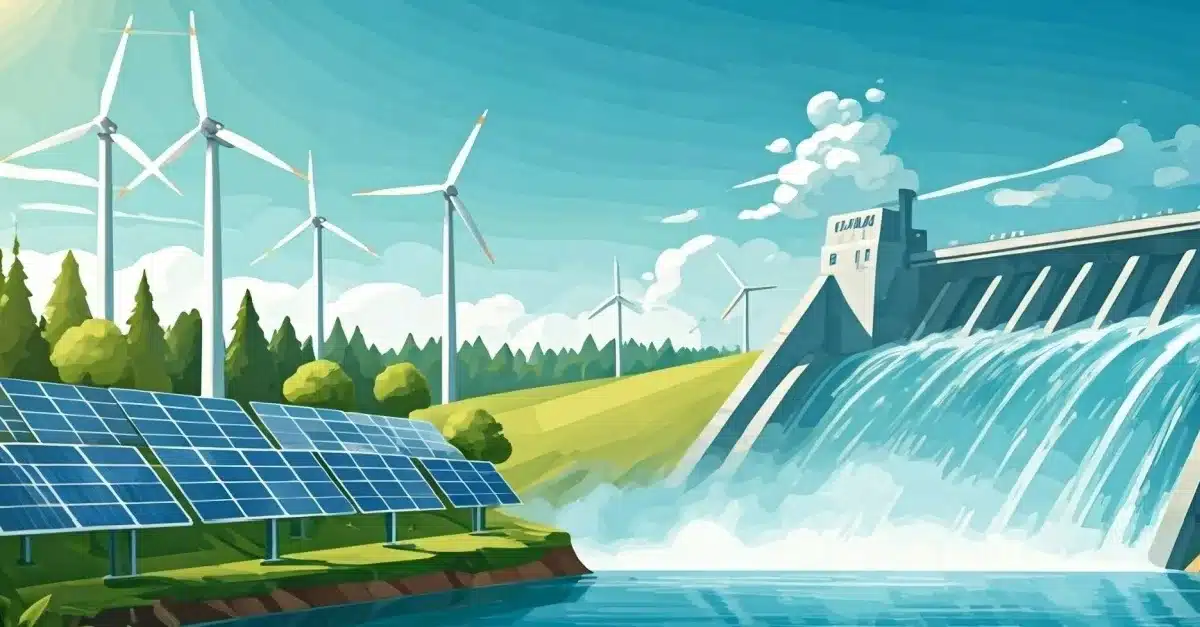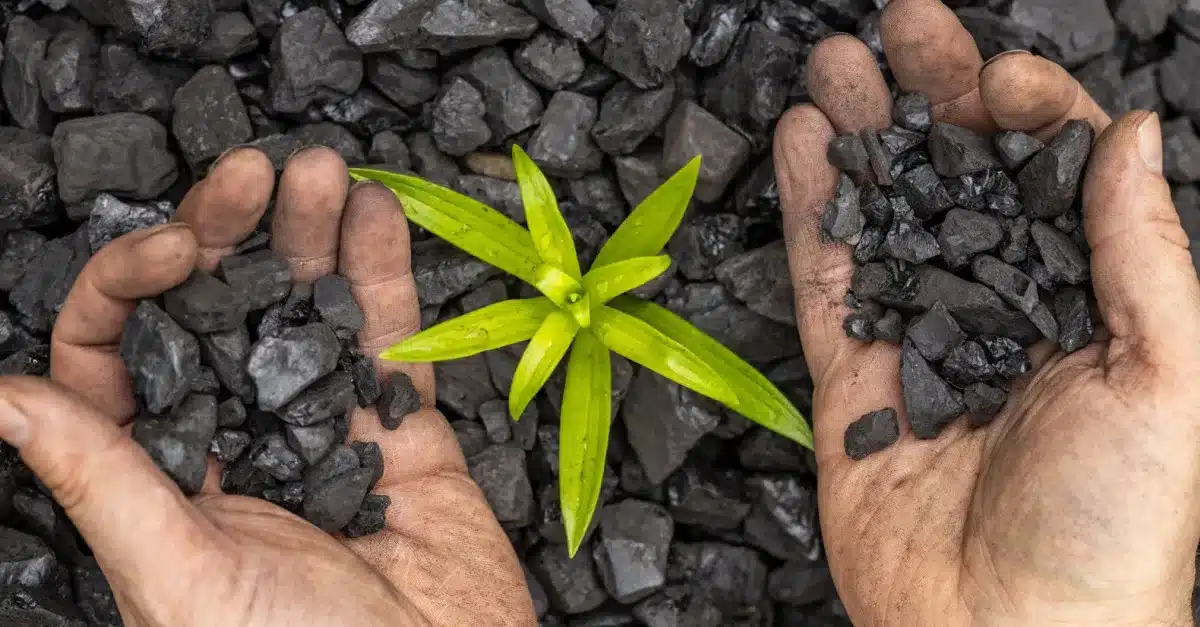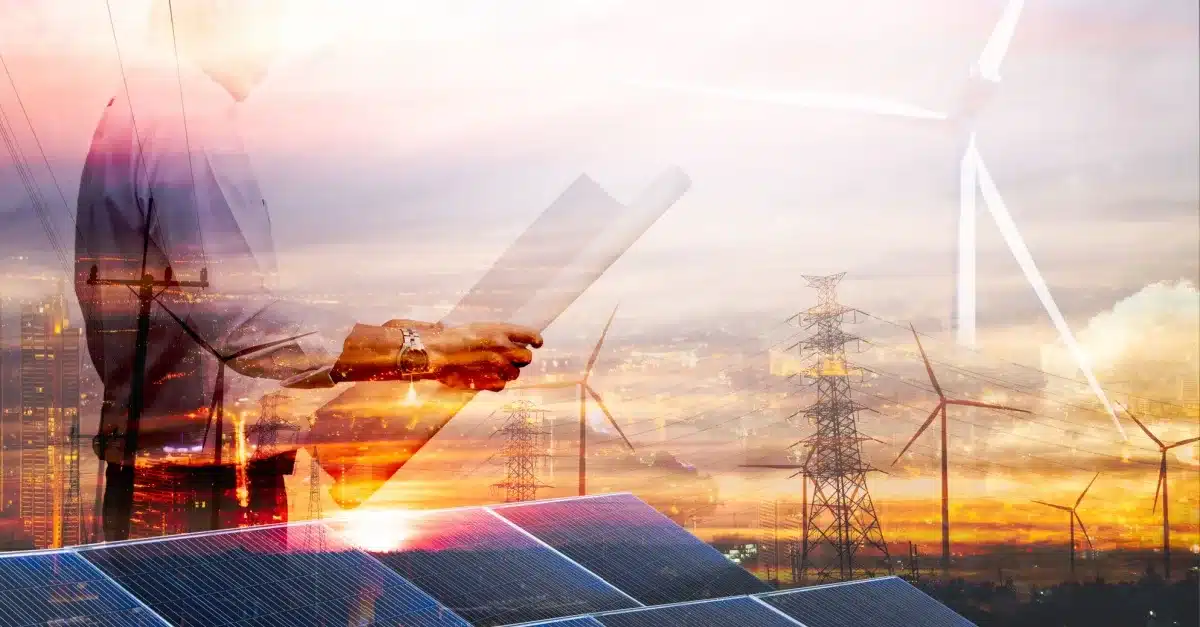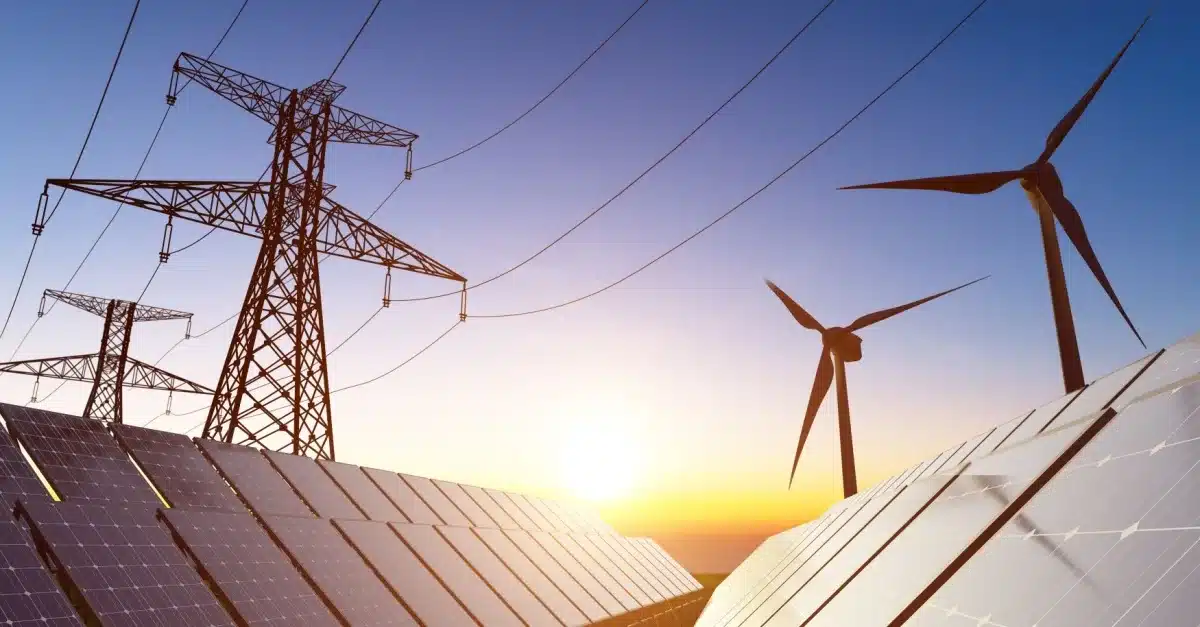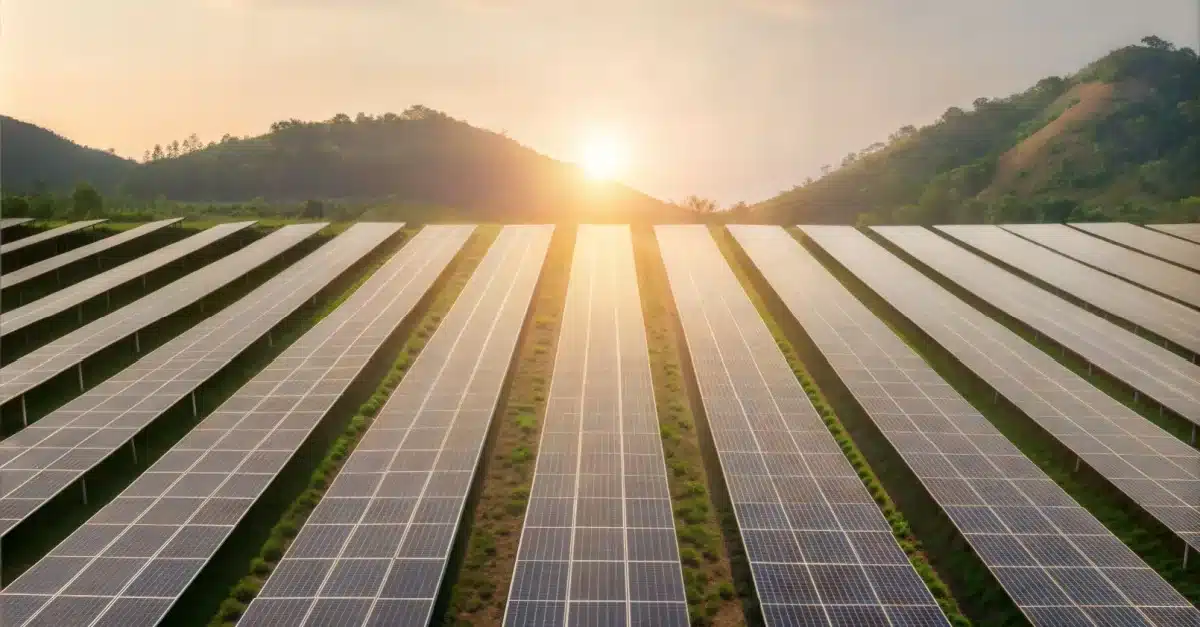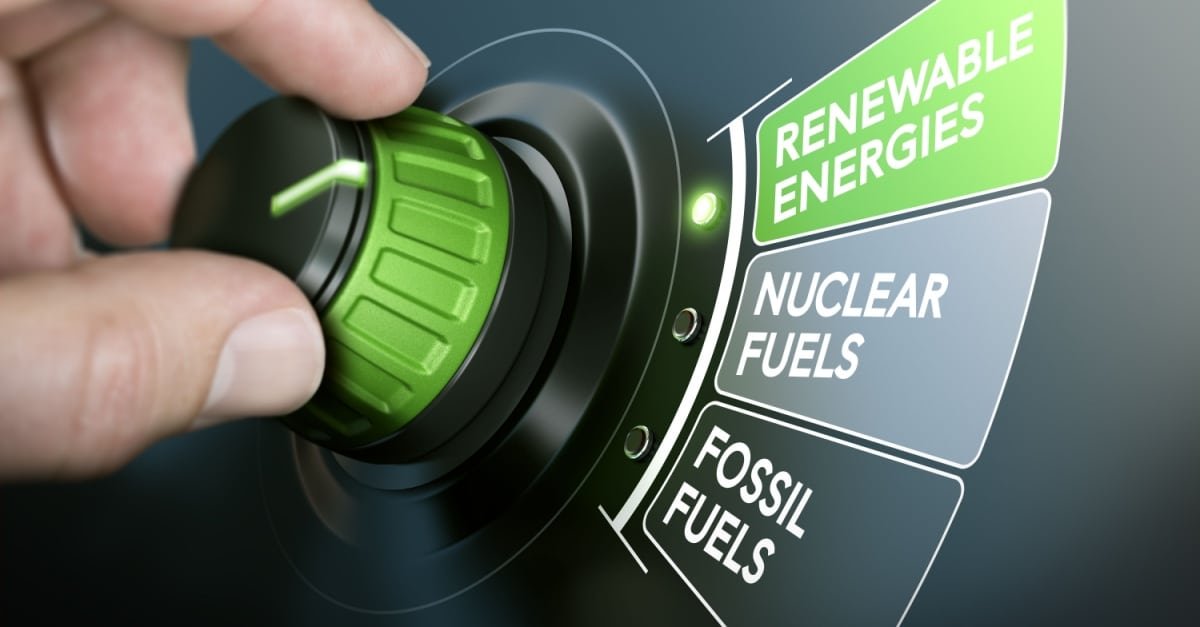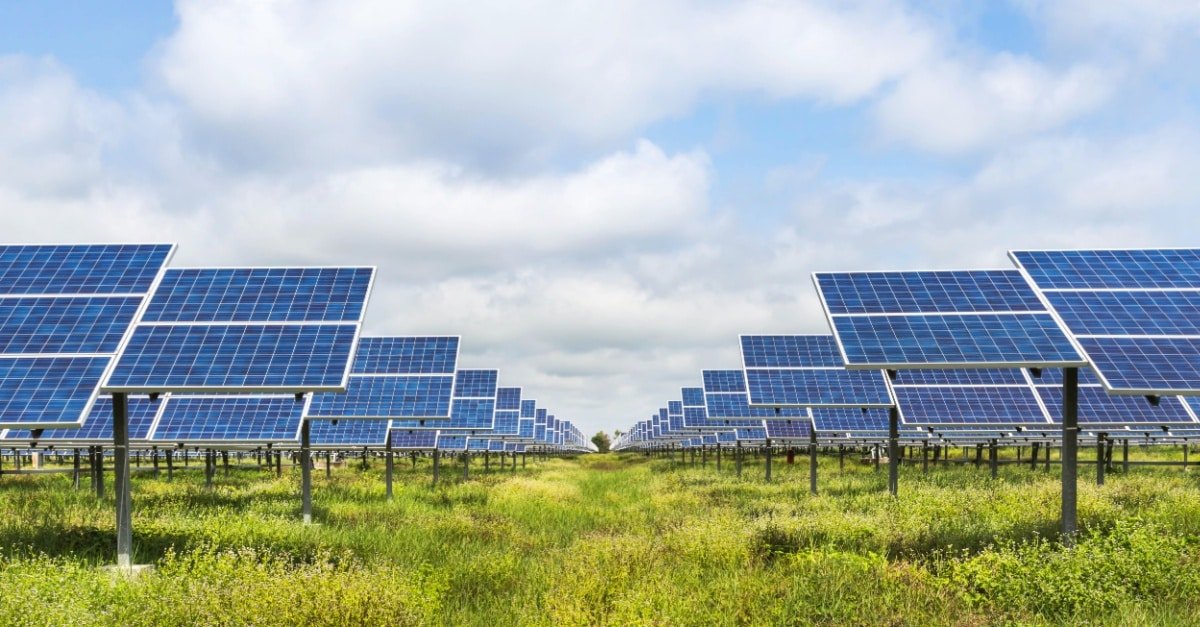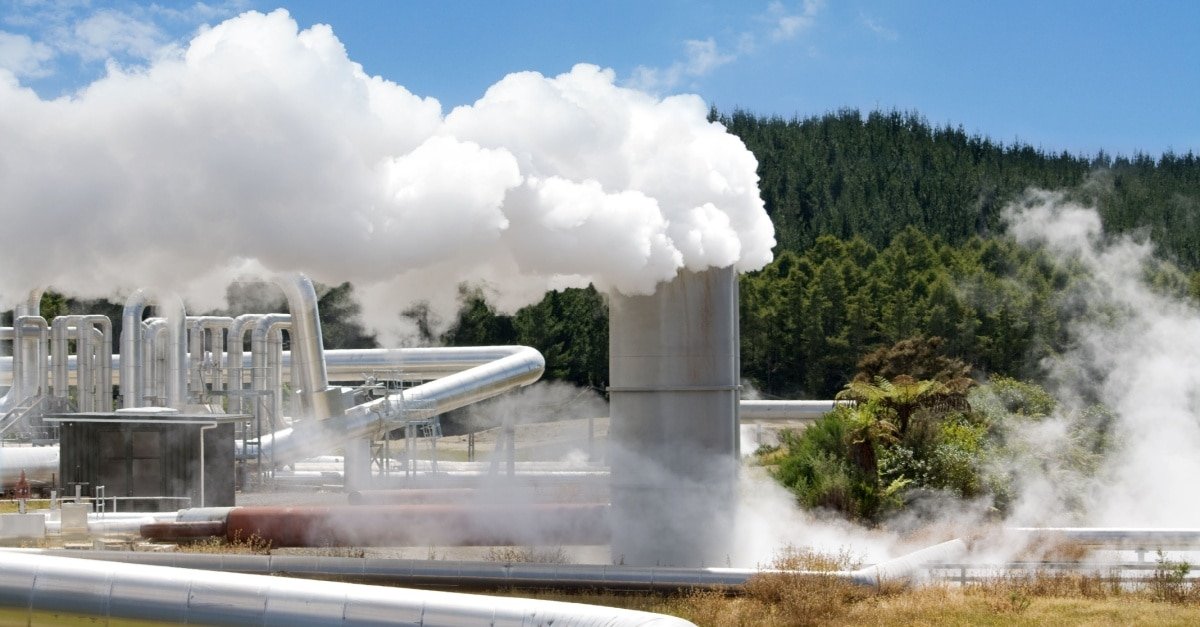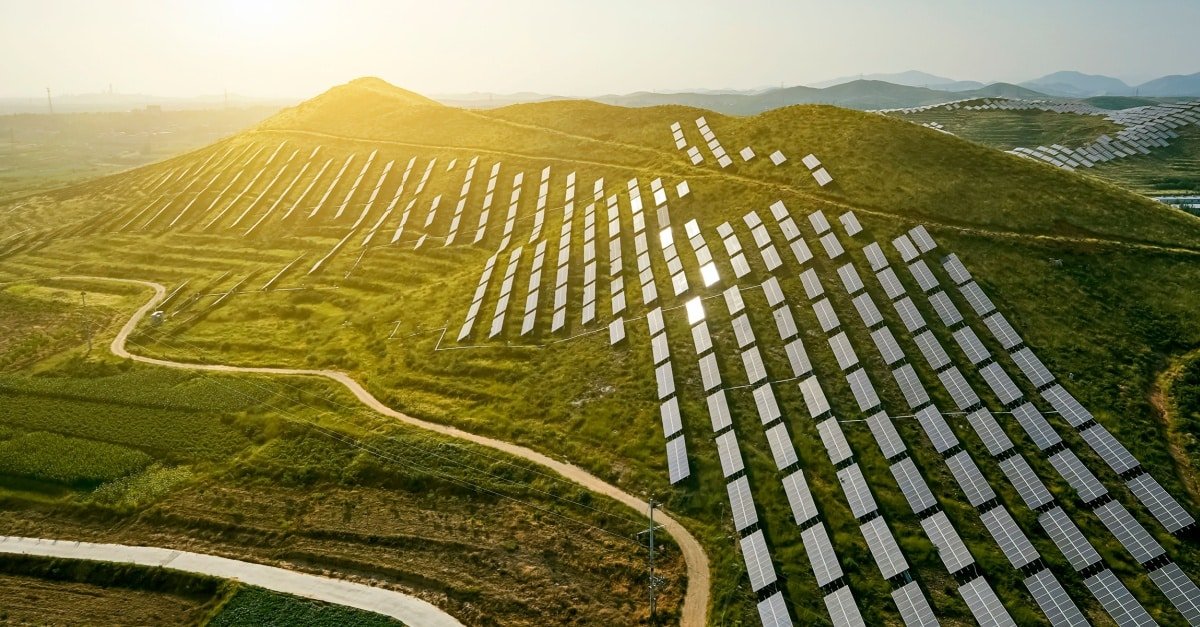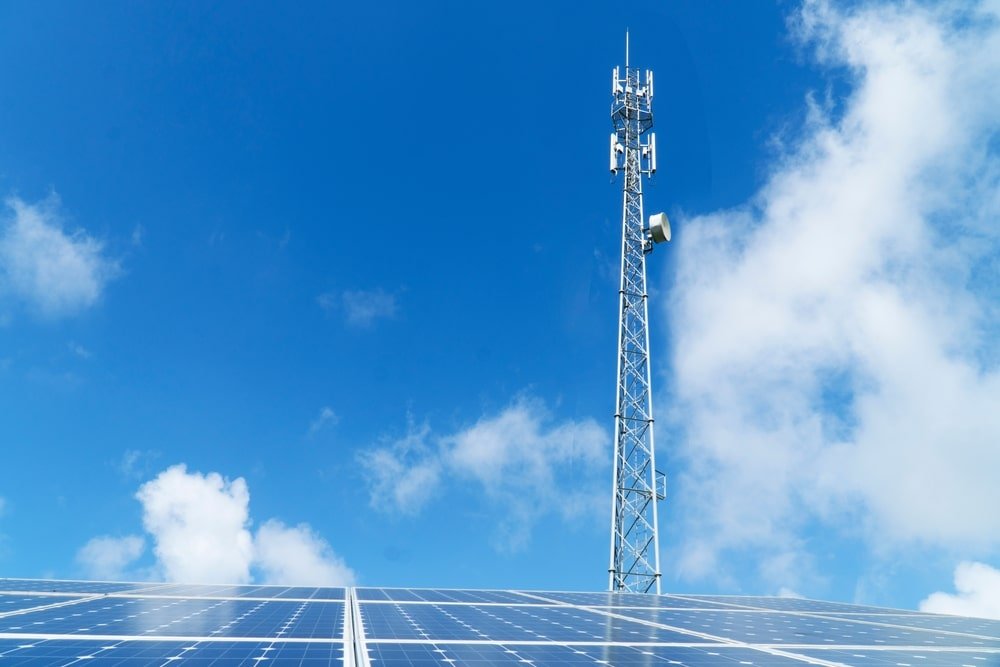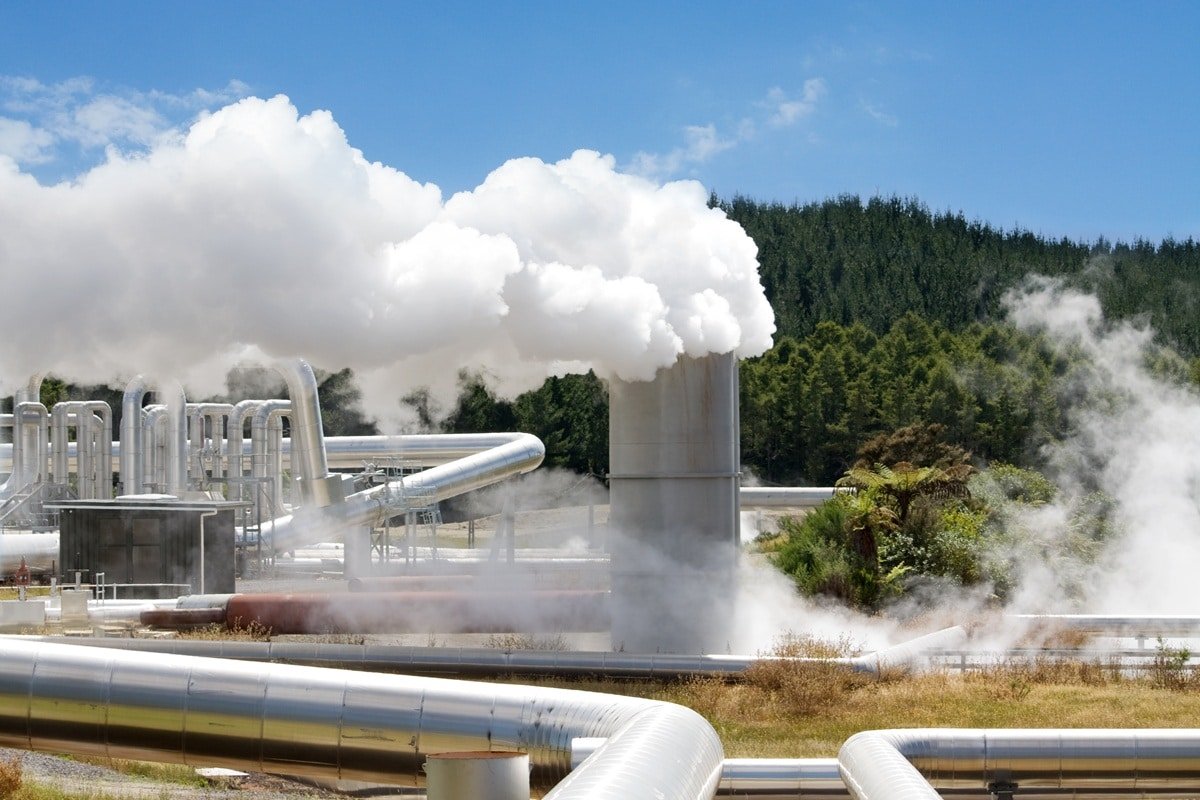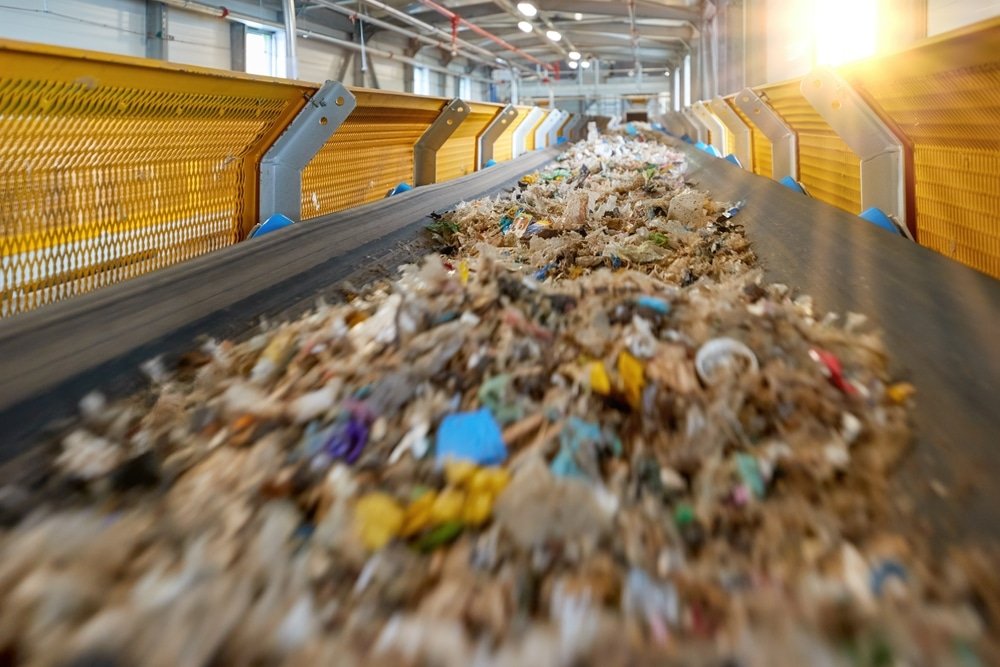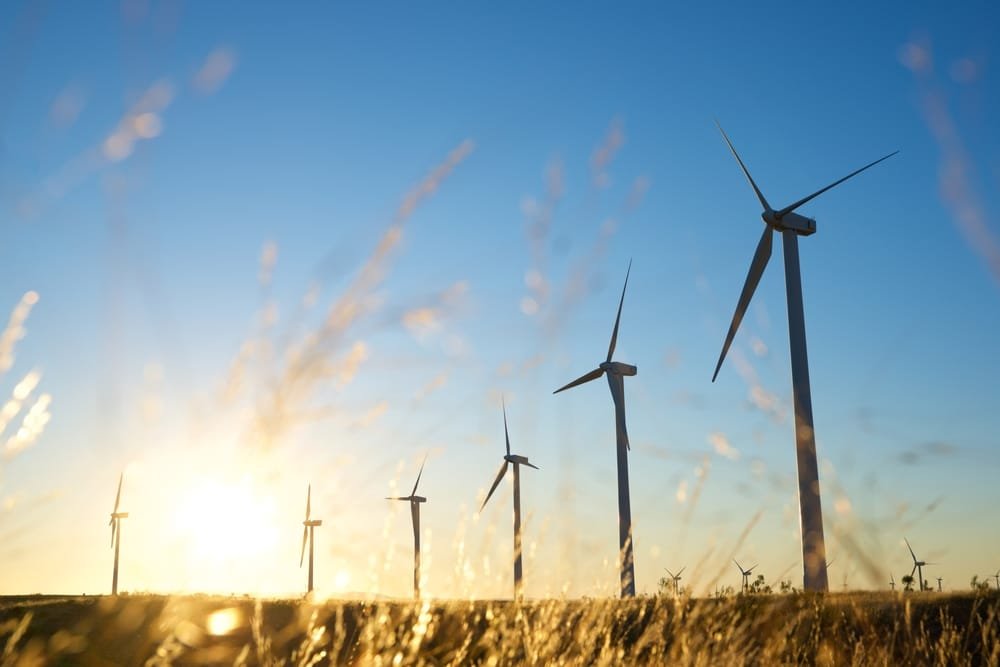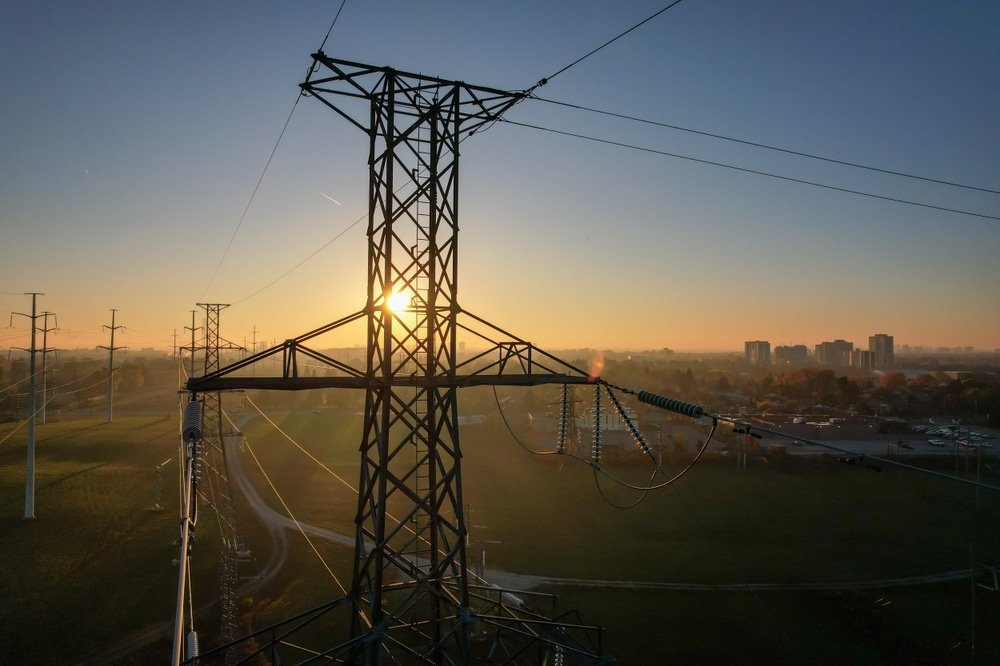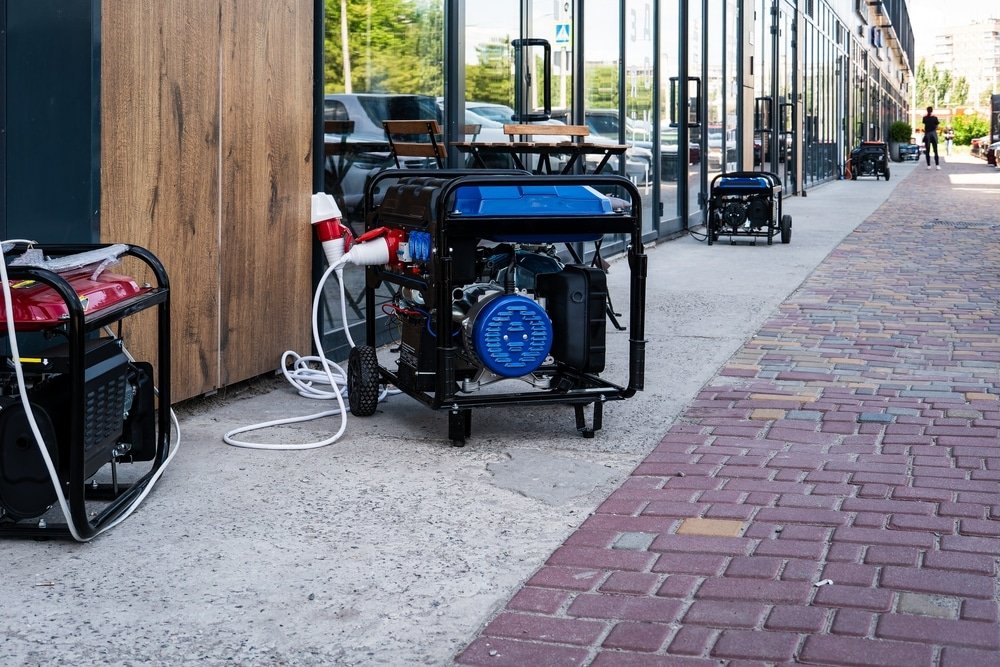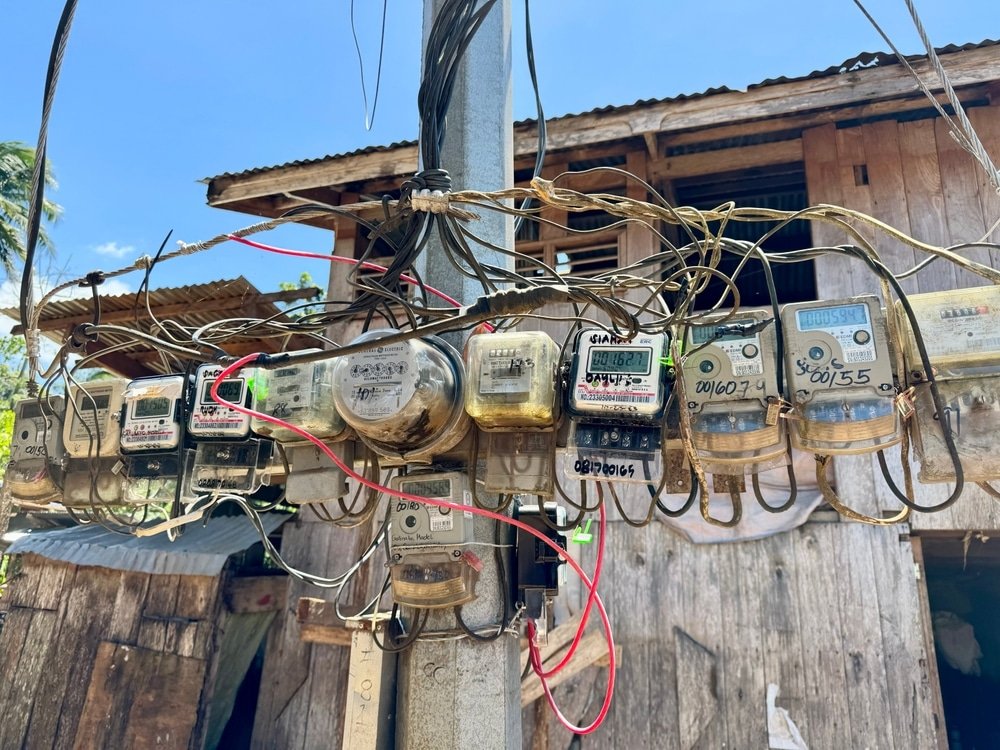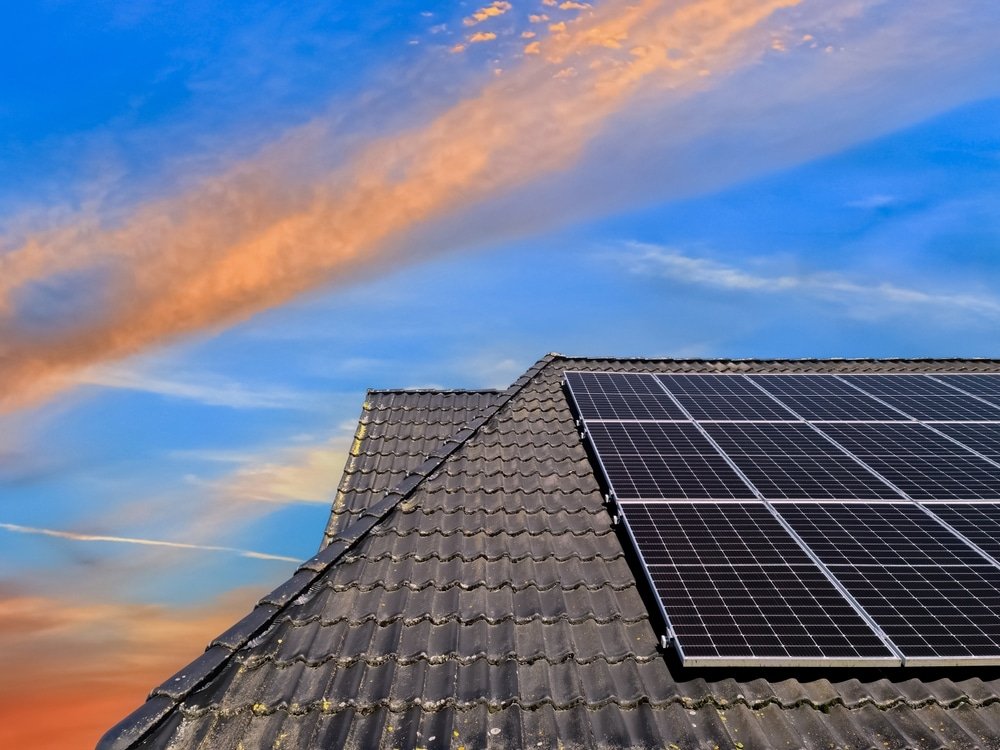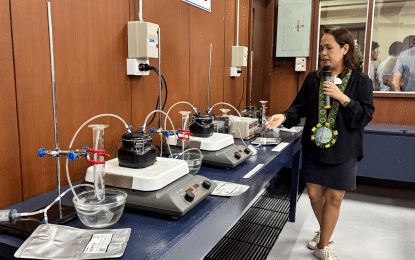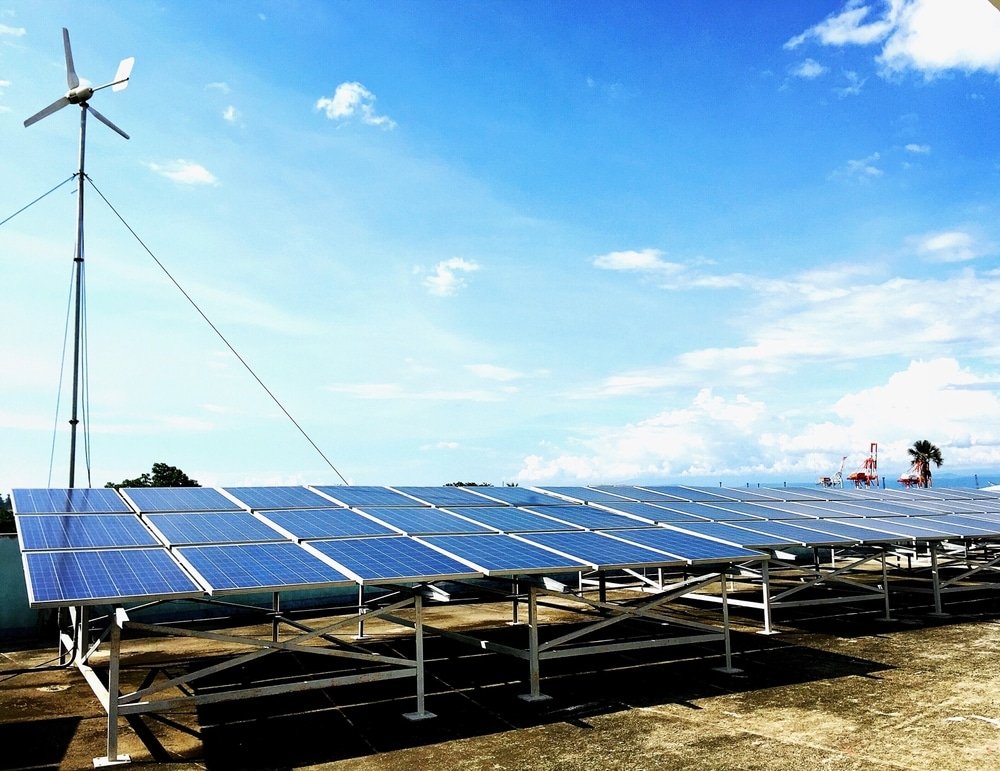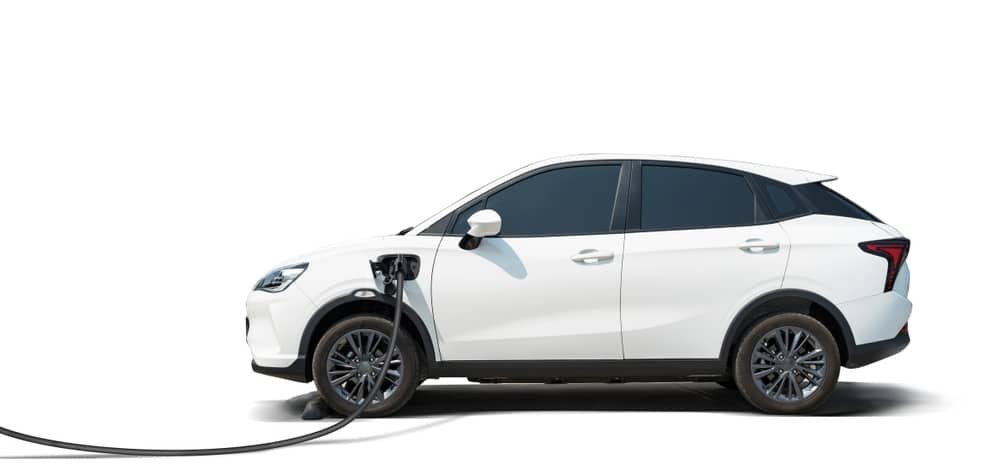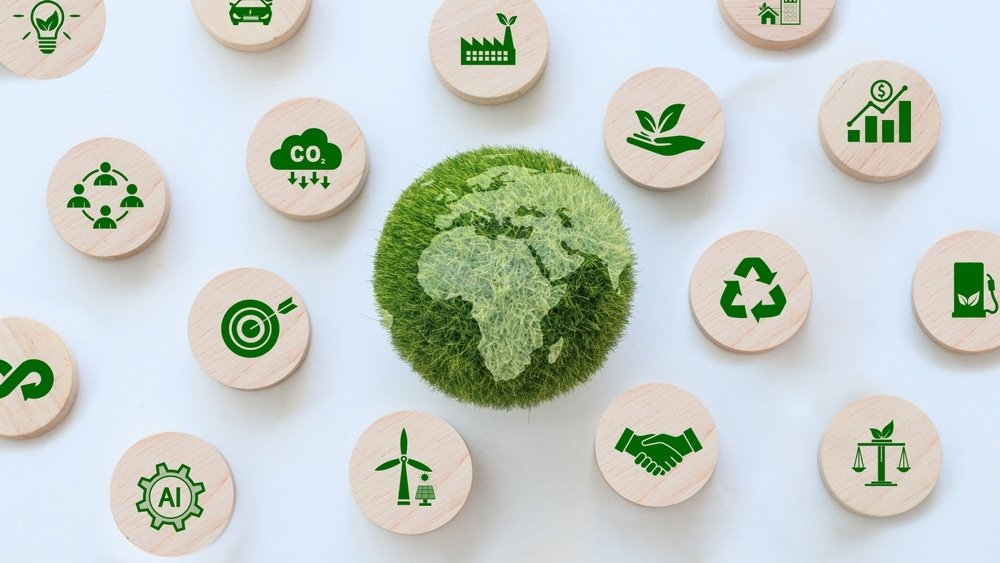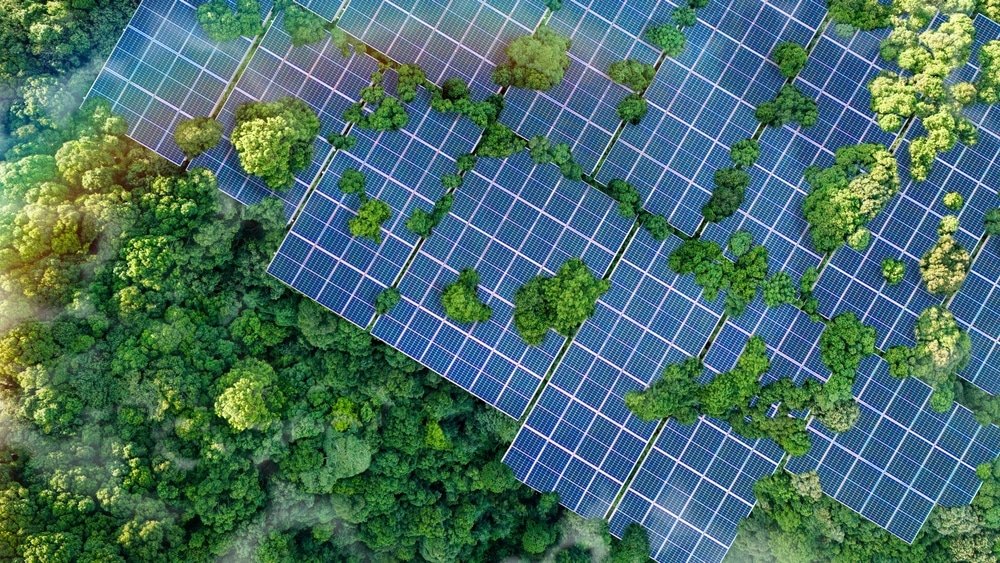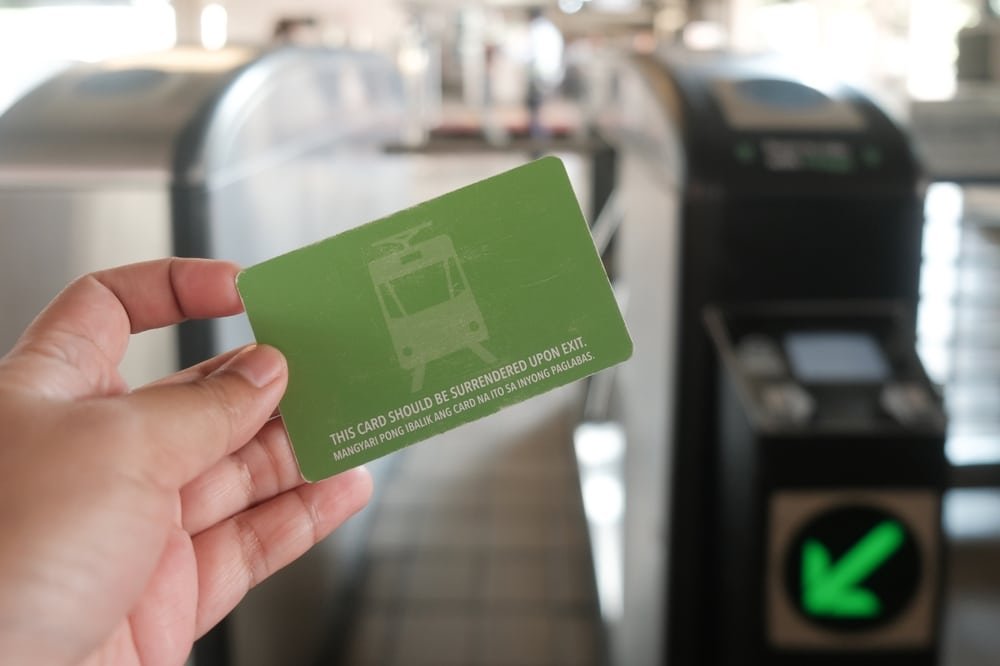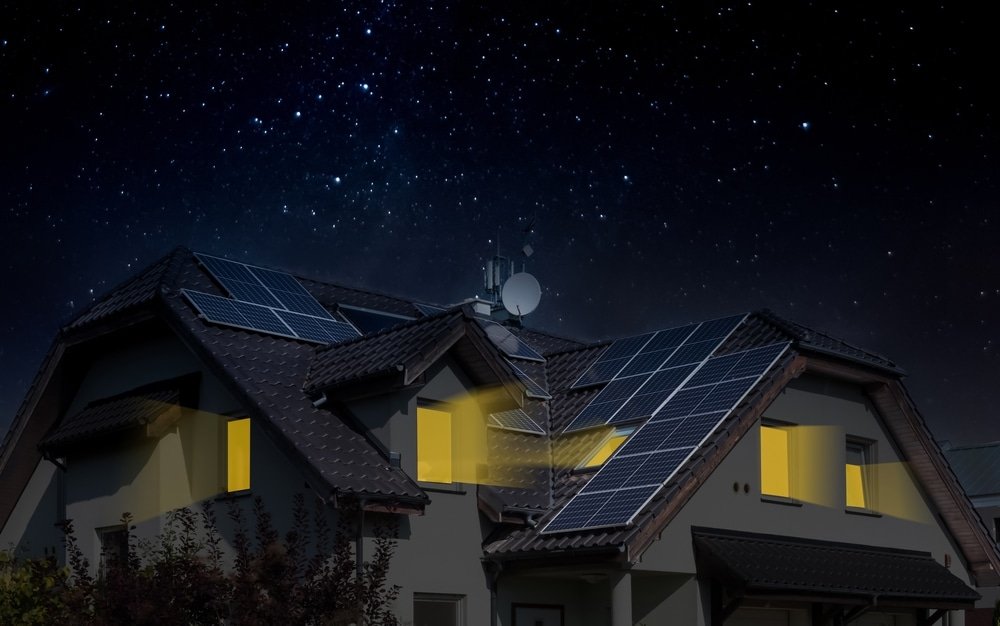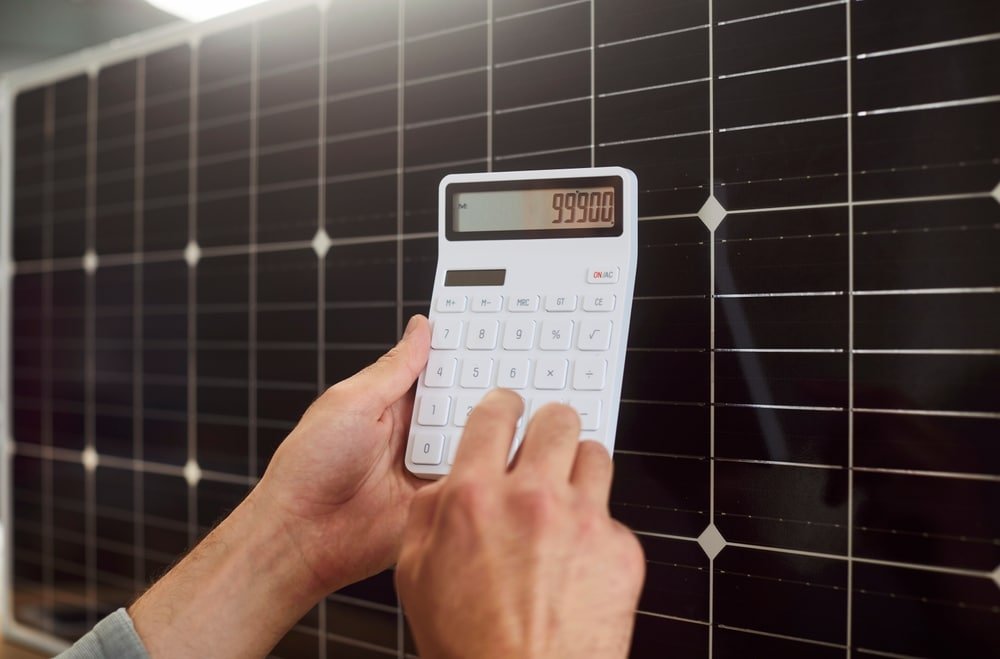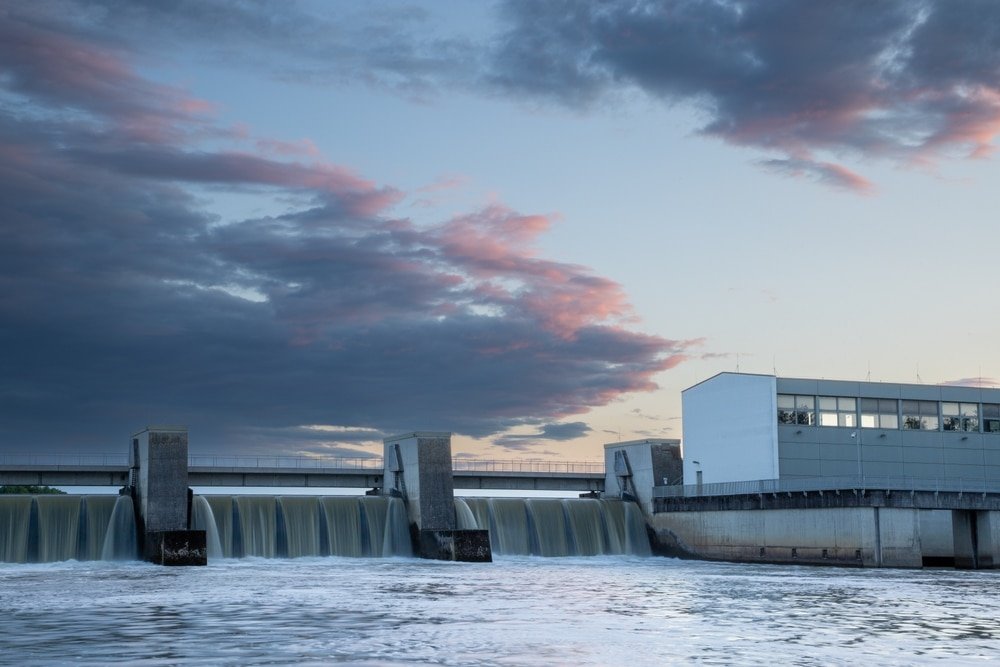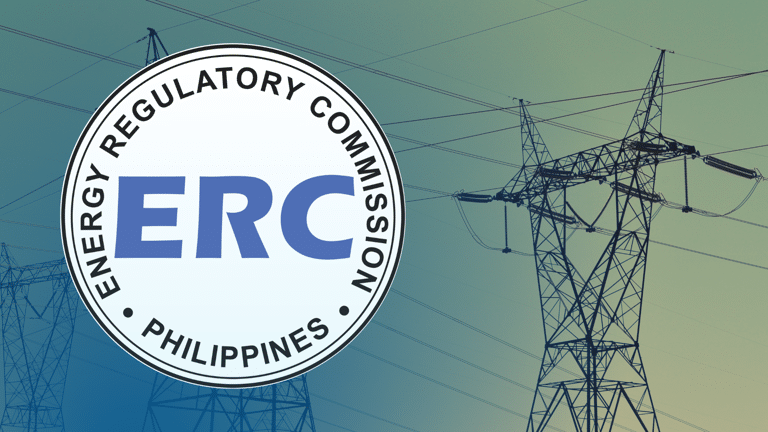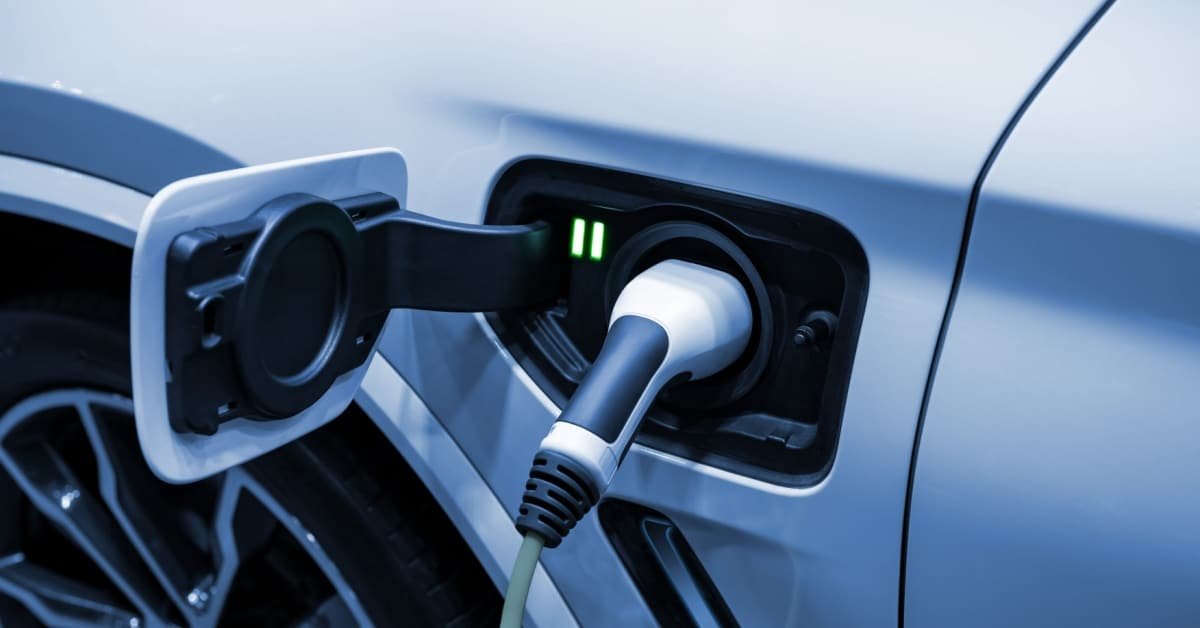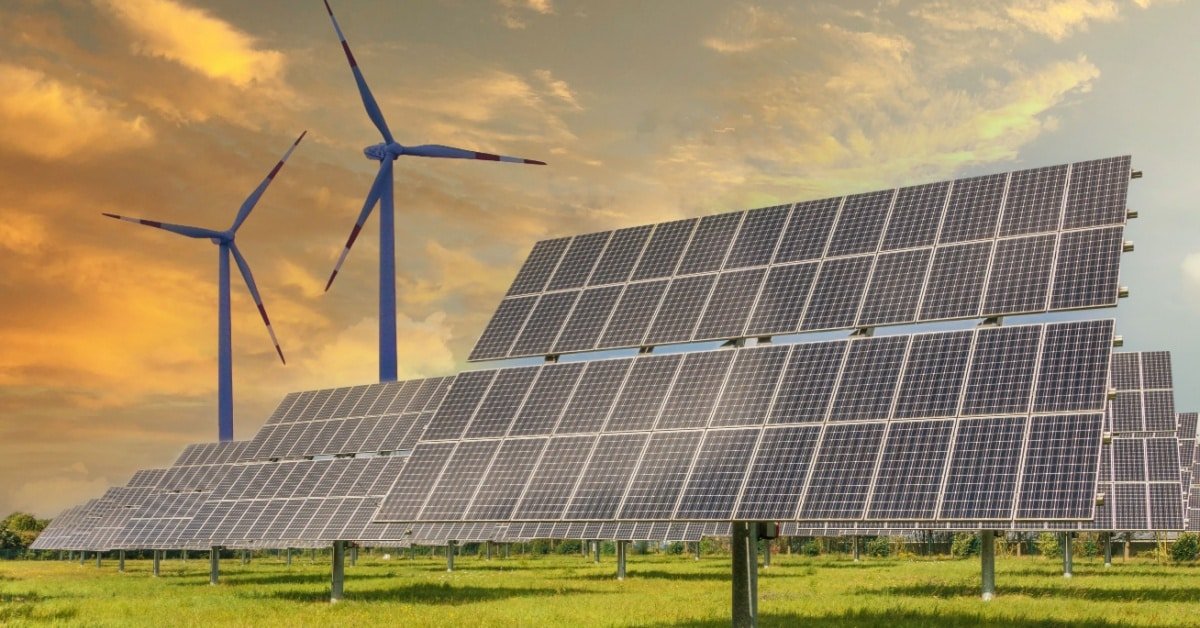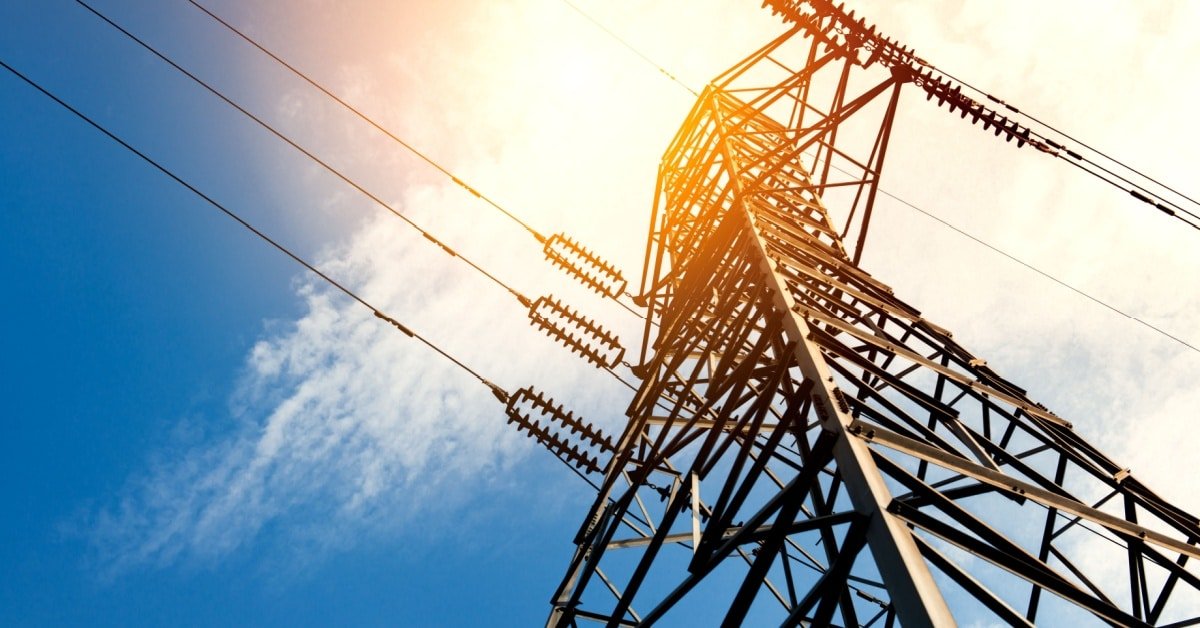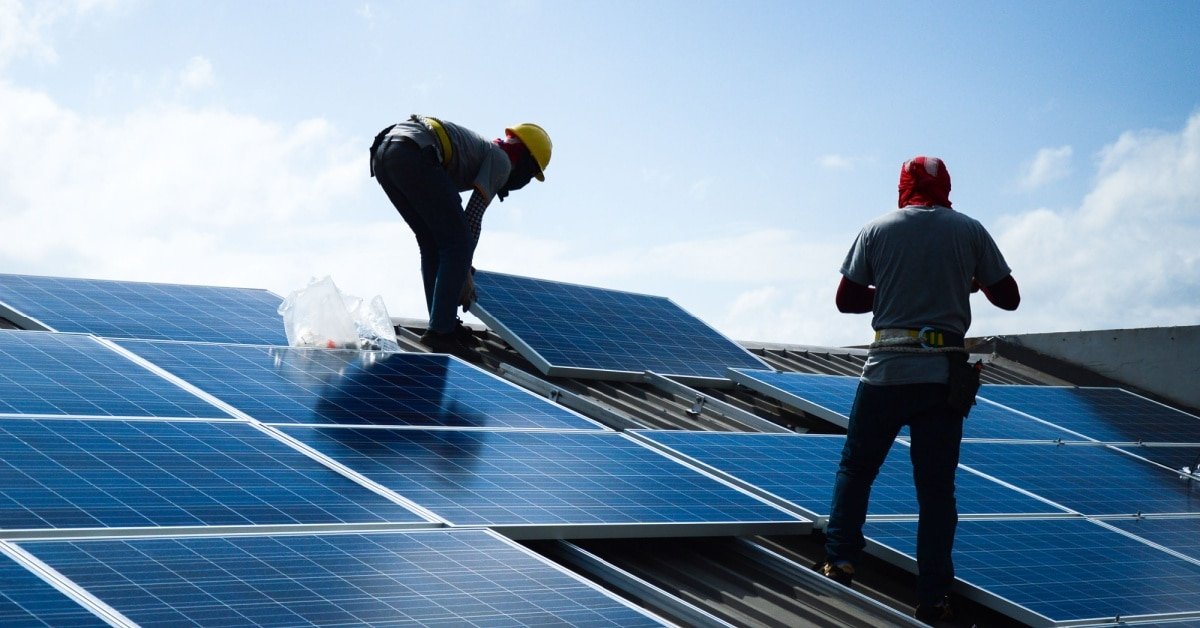
To renew means to begin again or to replace something old with a newer version. We renew contracts, leases, and licenses all the time. But the energy that we use to light up our homes, charge our gadgets, and power our cars is nonrenewable. Meaning at some point, the energy will run out.
It’s hard to imagine that power outlets and gasoline stations we’ve come to take for granted will be non operational or depleted. To understand why this can happen, here are some facts about nonrenewable energy.
We get nonrenewable energy from fossil fuels
Fossil fuels come from the remains of ancient organisms such as plants, algae, and bacteria that lived millions of years ago. Heat and pressure over several millennia transformed these remains that have been impacted deep into the earth into combustibles that we use for energy. While borne out of nature, these substances cannot be replenished in our lifetime or for several lifetimes that’s why they are considered nonrenewable.
Examples of nonrenewable energy
Fossil fuels are composed of ancient remains that have been heated and pressurized deep underground. In the process, the fossils turned into coal, petroleum or crude oil, and
natural gas. By combusting or heating these substances, we generate energy for machines, devices, stoves, and lightbulbs. Petroleum is processed to fuel our cars, airplanes, and boats.
Nonrenewable energy emits harmful greenhouse gasses
Transforming fossil fuels into energy involves burning or combustion. The process releases harmful gasses, primarily carbon dioxide, into the air. Because there are so many people using up so much energy in factories, homes, and transportation, the gasses create a greenhouse effect, trapping heat in our atmosphere. Greenhouse gas (GHG) emissions are a big contributor to global warming which causes climate change.
In short, the way we use and consume fossil fuels have led to drastic and devastating changes in weather such as heatwaves, intense rain and typhoons, drought, and melting sea ice and glaciers. Such extreme weather changes have violent effects on life on earth not only for humans but also on our biodiversity and our food sources.
Burning nonrenewable fossil fuels releases pollutants in the air
Air pollution is another negative effect of burning fossil fuels. According to a 2021 study, fossil fuel air pollution kills 1 in 5 people worldwide.
It creates energy inequality
Fossil fuels are found in underground reservoirs around the world. However, not all countries have enough reservoirs of fossil fuels or the capacity to access the fuel. Countries that are without resources and capacities to utilize fossil fuels become dependent on other countries to supply their energy needs, such as gasoline, usually at high prices.
It is not sustainable
Not only does relying on fossil fuels make the earth increasingly unlivable, depleting the earth’s stores of fossil fuels leaves nothing for future generations. For these reasons, people have realized that switching to renewable energy is not only necessary but urgent.
Fossil fuels were instrumental in powering us through industrialization and bringing us to the modern age. But now, it’s time to transition to cleaner, more equitable, and more sustainable energy sources.



